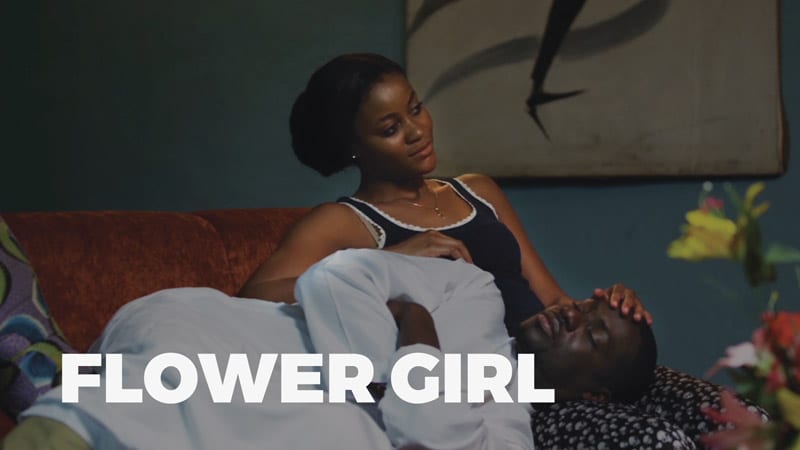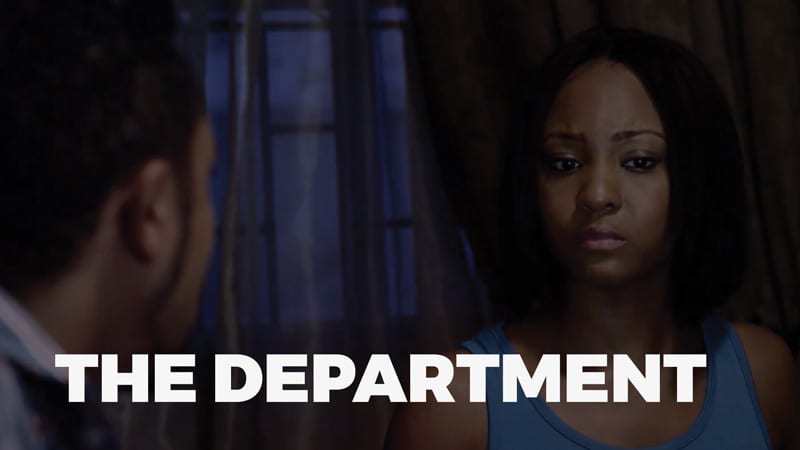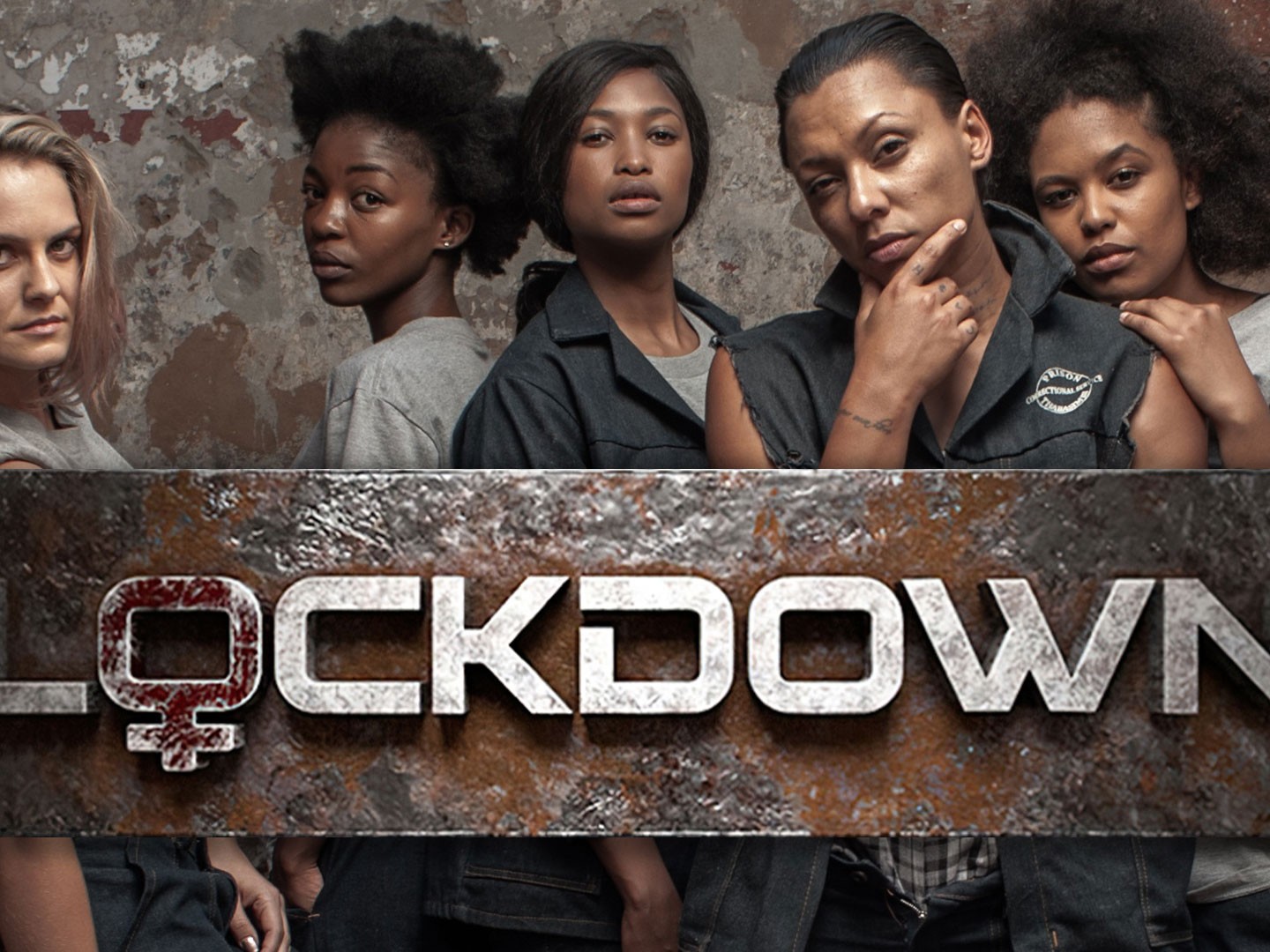Share this!
The Rise of Nollywood Movies
Historians accorded specific periods in describing the Nigerian film industry. They include the Colonial era, the Golden age, The Home video boom as well as the New Nigeria Cinema. (Stellar classifications, if you ask me).
Film was first birthed in Nigeria in the late 19th century, in the form of people viewing of motion picture devices. These were soon replaced in the early 20th century with improved motion picture exhibition devices, with the first set of films airing at the Glover Memorial Hall in Lagos from 12th to 22nd August 1903. At this time, Nigerians viewed performances from thespians (a word coined from the influence of our colonial masters, Britain) from mobile cinemas and other viewing centers.
All these activities in the Nigerian Film industry culminated in the production of Fincho (1957) by Sam Zebba; which was the first film entirely copyrighted to the Nigerian Film unit as well as the first to be shot in color (yes, you heard that right!). This period belonged to the golden era of the Nigerian Film industry, where pioneering theatre practitioners like Herbert Ogunde and Moses Olaiya transitioned into the screens and hearts of Nigerians, with formidable performances in many Nigerian movies.
The indigenization policies of the Military regime of General Yakubu Gowon saw the transfer of ownership rights of close to 300 cinemas and viewing centers wholly to Nigerians. This policy resulted in more Nigerians playing more active roles in Cinema and films. In fact, films and movies such as Papa Ajasco (1984) by Wale Adenuga and Mosebolatan (1985) by Moses Olaiya, grossed substantial sums during the first days of their releases (present-day estimates put these figures at N22 and N44 million respectively).
Perhaps the watershed chapter in the story of Nigerian film is the Home Video Boom, otherwise referred to as the Pre-Nollywood years. And it all began with the release of the first direct-to-video film production, Living in Bondage in 1992, with a sequel in 1993. Living in Bondage signified a bold step in the rise of Nollywood for a number of reasons.
The first is that it brought film production and viewing a step closer to audiences across Nigeria, Africa and indeed the world. The film also served as the template for contemporary film production and distribution, in addition to giving solidity and even financial leverage to the careers of actors/actresses. Buoyed by the relative success and acceptance of Living in Bondage, Nollywood gathered momentum, with heightened activity in the industry.
From that time, the Nollywood film industry churned out a large volume of film productions, ahead of the American Colossus Hollywood, and placing second to India’s Bollywood (talk about bragging rights, and you won’t be wrong).
With a film output of roughly 50 productions per week, the average production of Nollywood films costs approximately 15,000 USD and takes at least 10 days to make. Nollywood films last between an hour to two and they are occasionally broken up into multiple parts. Some films are split into parts on one disc or up to three discs, which may include advertisements and promotional content in-between the films.
And therein lies the argument against the Nollywood Industry by critics. They opine that quality is often sacrificed on the altar of quantity; hence most films from the industry are marked by poor content/storylines as well as impractical thematic themes.
However, other statistics point to other strong points with the Nollywood Industry. Estimates put revenues generated by the industry at close to 600 million USD per annum, with the sector offering employment and other benefits to thousands, including cast members, production staff as well as other direct/indirect businesses and offshoots.
The New Nigeria Cinema also referred to as the New Nollywood, purposes to correct perceived lapses, observe best global practices in film production and distribution (think about piracy and its corrosive effects) as well as foster the creation of a new image for the industry.
The New Nollywood now tries to achieve these objectives in the following ways:
The influx of young and talented Nollywood actors, actresses, and producers.
Actors/actresses like O.C Ukeje and Adesua Etomi (lest I forget, Adesua Wellington; she recently got married to the Nigeria music icon Banky W) and talented movie makers such as Stanlee Ohikhuare, Mildred Okwo, Niyi Akinmolayan are raising the bar with noteworthy performances comparable to international movies around the globe.
The influx of International actors/actresses in cross-border movie collaborations.
With this point, I am not just referring to Nollywood movies featuring our talented Ghanaian thespians. I am talking about Nigeria films that have featured Hollywood stars such as Eric Roberts, Dan Davies as well as Paul Campbell among other notable icons on the international stage. These individuals bring not only talent but also an international appeal/presence to Nollywood and her movies.
Creating History.
Did you know that Nigerian comedian, AY’s movie ’30 Days in Atlanta’ made it into the Guinness Book of Records, 2017? Yeah, it sure did because it grossed one of the highest figures in earnings over a combination of viewing channels. Estimates put the amount at approximately 137 million naira. It is the first Nollywood film to achieve such a feat.
So if you still want proof about the rising fortunes of the Nollywood film industry, then these movies should sway you:
Lunchtime Heroes
Directed by the talented Seyi Babatope, Lunchtime heroes gives a humorous bent to the endeavors of an unwanted teacher, saddled with the task of handling a class of school rejects. The teacher, played by Diana Yekini, uses her love for cooking to endear herself to the kids and help them discover their true worth.
Watch Lunchtime Heroes!
Flower Girl
Comedy and romance are given full throttle in this Nollywood thriller. Flower girl, directed by Jigi Bello, is am engaging tale involving a love triangle among Kemi (Damiloa Adegbite), Umar (Chris Attoh) and Tunde (Chuks Chukwujekwu). The film is filled with moving action, witty lines, and a touching plot.
Watch Flower Girl!
The Department
This 2015 Nollywood film earned critical acclaim for the uniqueness of its storyline and solid performances from cast and crew. The film centers on Tolu (Osas Ighodaro) and Nnamdi (Majid Michel) finding love whilst working in this covert criminal organization. They decide to resign their membership and relocate to Ibadan in order to live happily ever after, which is if the group will let them do so.
Watch The Department!









